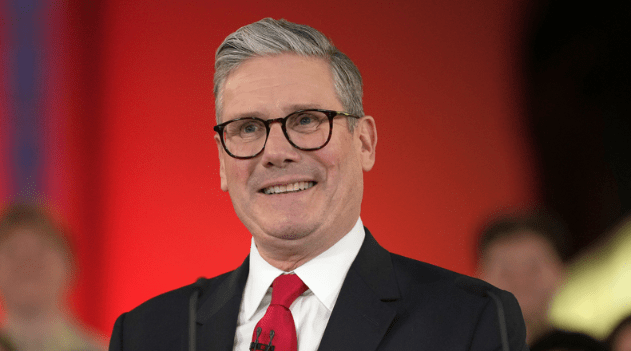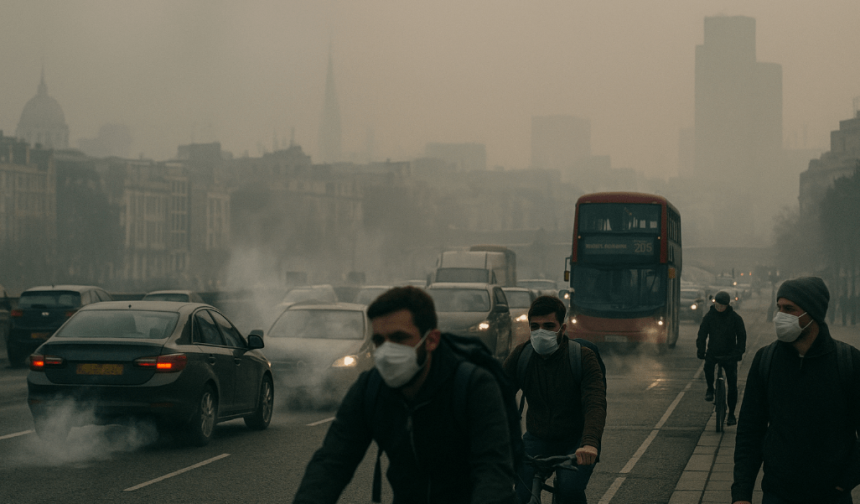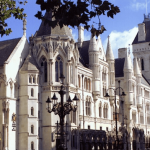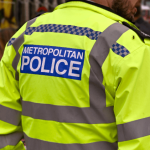The UK Government is under increasing pressure to address the unequal impact of air pollution on marginalised and low-income communities, with campaigners warning it’s a matter of racial and social justice, not just the environment.
In a compelling open letter to Prime Minister Sir Keir Starmer, the activist group Enact Equality demanded immediate intervention to combat what they describe as “one of the most urgent, yet persistently under-reported justice issues” in the UK.
“This is not just an environmental issue. It is a racial justice issue. It is a social justice issue. And it is a public health emergency,” the letter stated.
Research from the University of York was referenced in the letter, revealing that those in the most deprived communities across England are more likely to live in areas suffering from the highest levels of air pollution.

These findings underscore a harsh reality: the UK’s poorest and most marginalised are bearing the brunt of toxic air, despite contributing the least to its causes.
Enact Equality, with the backing of dozens of MPs and peers, is urging the Government to take concrete steps. Among their calls are:
- Increased investment in clean and green transport
- Expansion of green spaces across urban areas
- Widened public access to natural environments
- Stronger legal protections and clear air quality targets
- Enhanced monitoring and accountability
L’myah Sherae, Chief Executive of Enact Equality, has called for a meeting with the Prime Minister to discuss how future environmental policies can better reflect the lived realities of those in marginalised communities.
“People of colour and low-income communities are paying the highest price for toxic air – with their health, their futures and their lives,” Sherae stated.
Bell Ribeiro-Addy, Labour MP for Clapham and Brixton Hill, echoed the sentiment: “Air pollution is yet another example of how inequality plays out in our everyday lives. It’s no coincidence that black and brown communities, low-income families, and frontline workers are the ones most exposed to toxic air.
The Government must act – not just with words but real investment in clean transport, green spaces, and fairer policies that protect those most affected.”
Green MP for Brighton Pavilion, Sian Berry, also weighed in: “Air pollution is a social justice issue. It hits hardest in communities who have done the least to cause it. The Government must commit to these clear and reasonable demands for cleaner transport, greener spaces and stronger protections.”
A spokesperson for the Department for Environment, Food and Rural Affairs responded by saying: “Air pollution is a public health issue and we are committed to tackling this issue across the country.
We have already provided £575 million to support local authorities to improve air quality, and launched a rapid review of plans to deliver our legally binding targets on air quality.”
With mounting scientific evidence and growing political backing, the pressure on the Government to act decisively on air quality is intensifying. Campaigners and MPs alike insist this is not merely about the environment—it’s about justice, equity, and safeguarding the future health of vulnerable communities.






